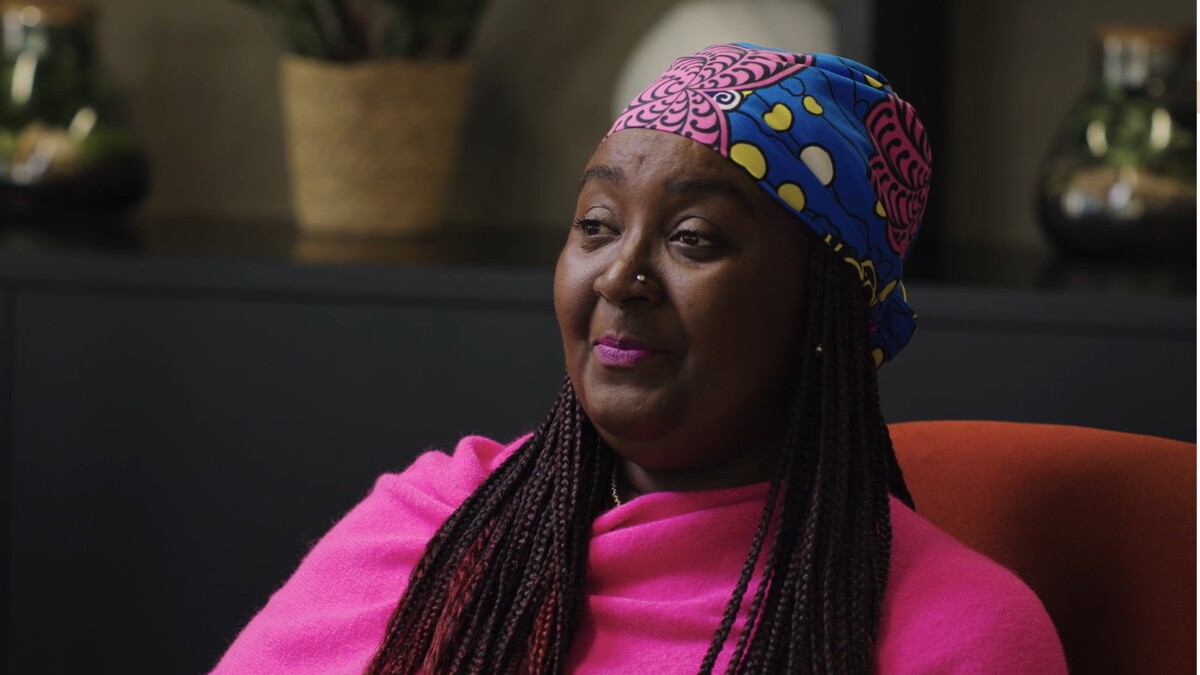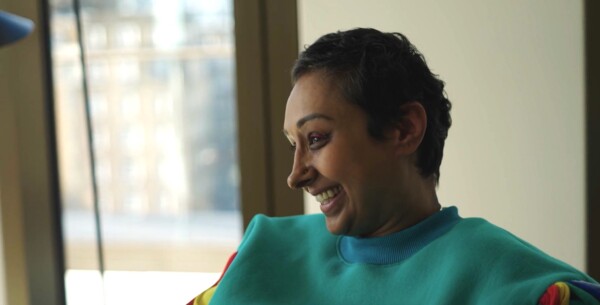Meet Anjali
"Hi, I'm Anjali. I'm the lead clinical trials practitioner working at Barts Health in London. My role is to oversee all patients on clinical trials, specifically within breast cancer and be their and their caregiver's point of contact throughout their cancer journey.
I'm passionate about demystifying that stigma out there about research because we're trying to develop these cancer treatments and make them better for the future."
Anjali's experience of working in clinical trials
In this video Anjali shares her experience of working in clinical trials, breaking taboos and encouraging people from diverse communities to consider taking part in them.
You can also access this video with translated subtitles in:
Debunking myths around clinical trials
"We need to get rid of that myth that people who take part in clinical trials and research are guinea pigs. Clinical trials give cancer patients all their options available. It also helps us to develop our clinical trials to know how the different treatments are going to affect different communities of patients.
Clinical trials do not test something that we don't know anything about. They've gone through all the approvals and ethics checks. It is a lengthy process before we've got to this point to know that it's safe to do these clinical trials.
If there are ever any questions on safety, we're always open to having those conversations because it is important and gives the patients the comfort that they need."
Being able to get patients from diverse communities is important because one size doesn't fit all
Things patients should know about clinical trials
- Patients are in control. We encourage our patients to talk to us, ask us the questions. We're not here to tell patients what to do. We're here to navigate them through and let them make the decisions.
- There's no such thing as a silly question. We encourage people to ask us questions in their own time, not just at the beginning, but throughout, about their treatment and about their clinical trial, about their emotional state. People can ask questions if they're struggling to understand something, or if they're struggling to communicate with their family about what's going on. That's something we see a lot with diverse communities.
- Every part of their cancer journey and clinical trial journey is their choice. If there's ever a time when patients feel like they don't want to do this anymore, we remind them that their consent is entirely optional, so they can withdraw at any point.
We have more information about clinical trials for people living with cancer.
Benefits of more people from ethnically diverse communities taking part in trials
Being able to encourage patients from different communities to take part in clinical trials will help us to develop more personalised and inclusive treatments.
We know that there are inequities in breast cancer outcomes for people from different ethnic backgrounds. Although people from African, Caribbean, and South Asian communities have fewer breast cancer cases than the white population, they are more likely to be diagnosed later when cancer is at a more advanced stage. This can mean that the cancer is harder to treat.
It is important to include people from different ethnic backgrounds in health research. People have different health needs, and their bodies can react to treatments in different ways. By including all groups, we can make better treatments that work for everyone.
People from ethnically diverse backgrounds have historically been under-represented in clinical trials. If more African, Caribbean, and South Asian people are empowered and willing to take part in trials this would help us to learn about hard-to-treat cancers in these communities and create better treatments.
Barriers to participating and how we can help
Language - A lot of the medical terms in general are hard to understand and hard to translate. At Barts we're lucky we have translators that can come in person or join over the phone to help patients understand things.
Financial cost - Traveling to hospitals can sometimes feel like a burden especially if you have caring responsibilities. At Barts we signpost patients to what is support is available for them. Clinical trials sometimes also offer reimbursement for travel or wigs.
Emotional support - Patients have to deal with the emotional burden of being diagnosed with cancer, being on a treatment and then on top of that, also being on a clinical trial. That's a lot for a patient to take on and to kind of understand. So we signpost them to a lot of charities and to psychology services.




